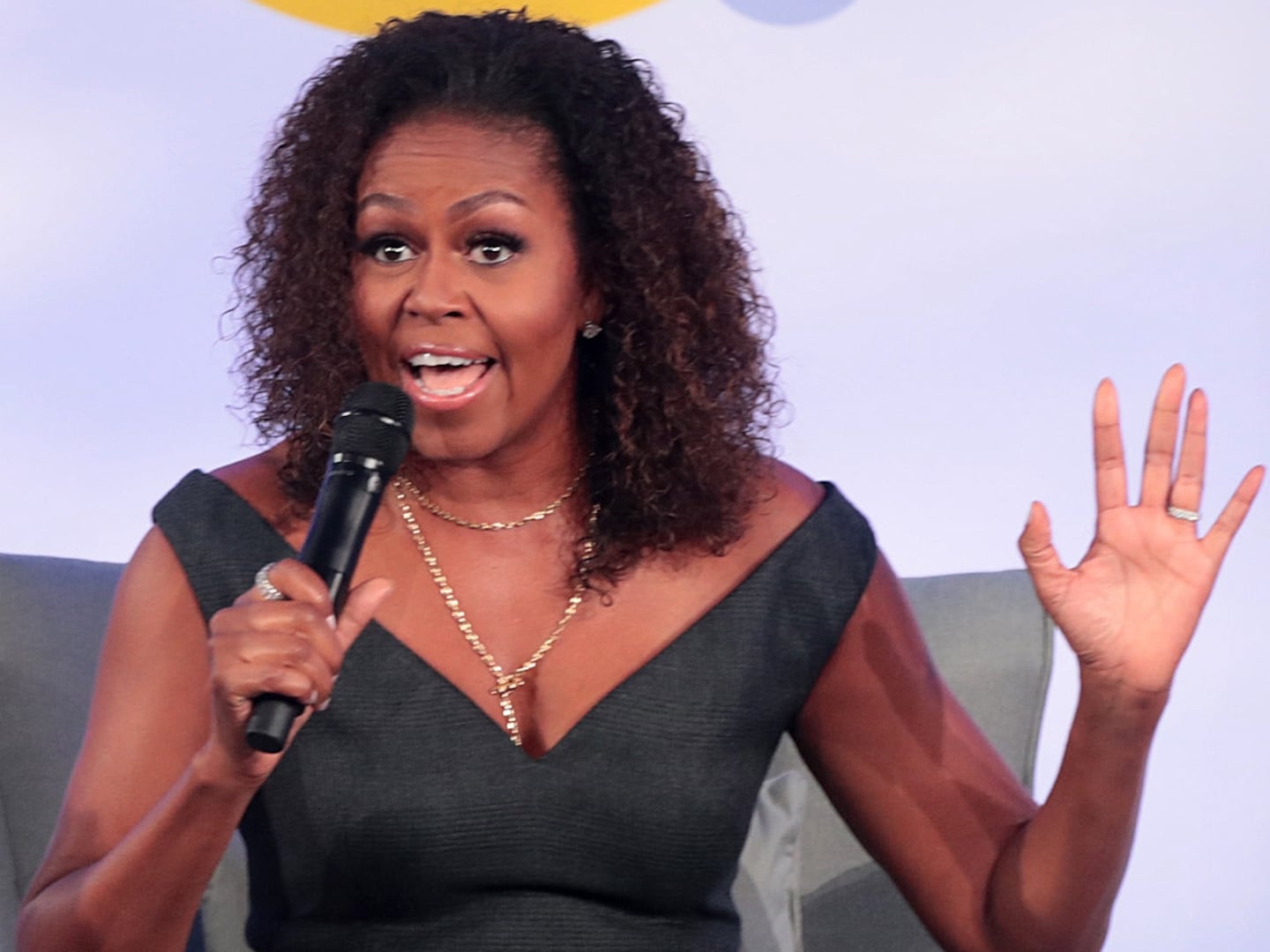Comedy
Photo Illustration by The Daily Beast/Photo by Rachel Murray/Getty
Why Muslim Comic Ramy Youssef Made His 9/11 Story About Masturbation
THE LAST LAUGH
On this week’s episode of ‘The Last Laugh’ podcast, stand-up comic Ramy Youssef talks about his deeply personal new Hulu series ‘Ramy.’

Trending Now



